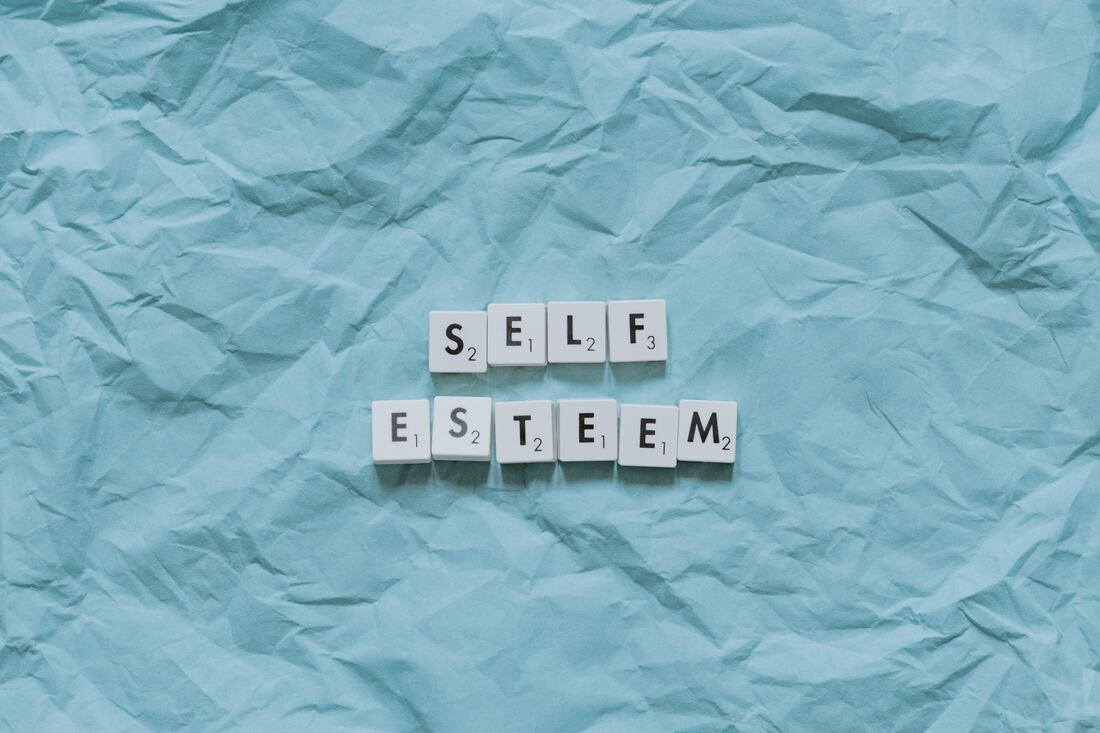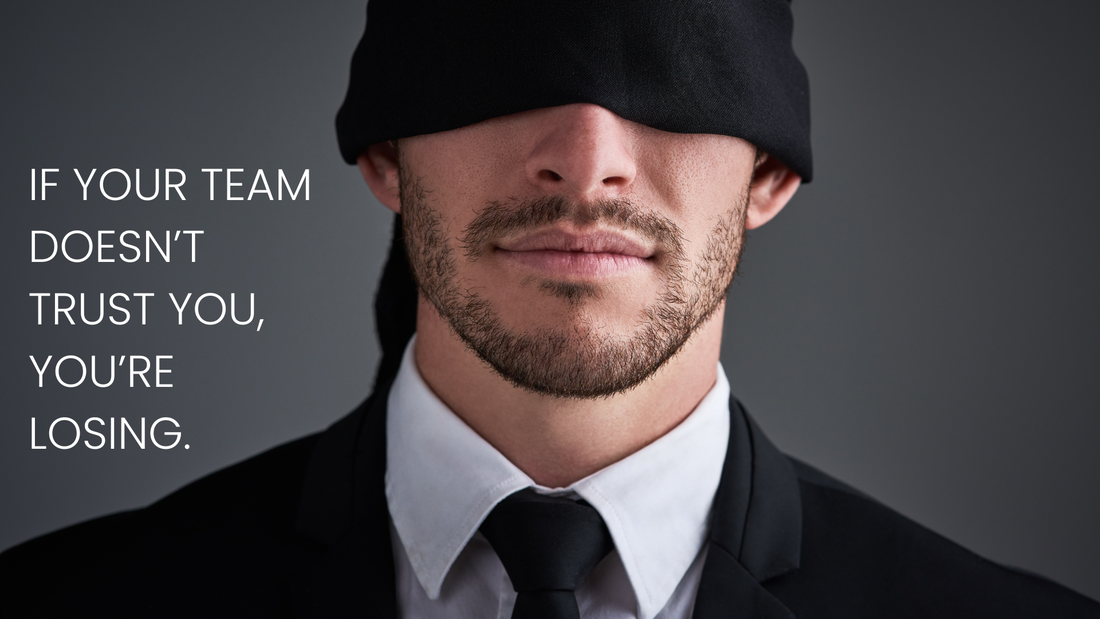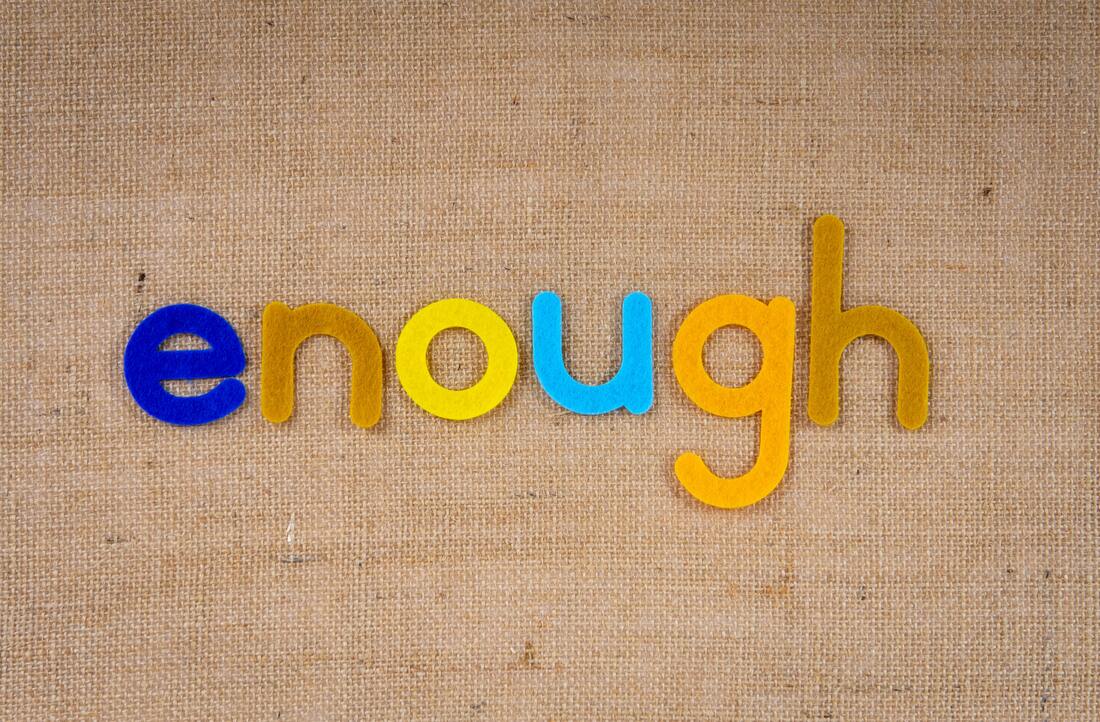|
So the good ‘ole fashioned things, like handwriting, are actually best?!
Did you ever doubt it?! Remember, the rule of anything is that if you do something different, it activates the brain differently. The question, though, is is this a good, neutral, or bad thing for the brain. With the advent of computers, and more recently tablets, we are spending less and less time handwriting. This also includes in learning environments such as at school and college.
0 Comments
The belief that more hours at work equate to higher productivity is a myth.
This misconception has been deeply ingrained in our professional lives, leading us to sacrifice health, relationships, and leisure to pursue an elusive ideal. Actual productivity is not about stretching our workdays thin but thriving across multiple dimensions of our lives. Productivity isn't a linear concept. It's a multidimensional phenomenon that goes beyond professional achievements and encompasses the following dimensions: Many of my clients tell me that they are strategic. And they are proud of it, even if they are not recognized for their strategic skill. When they are looking for a new job, they invariably want a position that they deem as “strategic.” Strategy is King.
But we aren't all chess masters. While everyone knows being strategic is a cornerstone of success and it’s what your line manager and potential employers want to see, few know what it entails. Here’s a yes-no quiz that might shed some light. These days more than ever, coaches, social media voices, and others are emphasizing the importance of self-care. Taking care of yourself physically, spiritually, and mentally is the priority and is essential for you to be your best, feel your best as well as show up for the world at your best.
However, Self-care and community are not mutually exclusive. While treating yourself as an afterthought is not an option, completely functioning as a silo is not either. Each and every one of us has come to this world with a unique purpose, a purpose which we are responsible to fulfill, develop, and ultimately share. I had a meaningful discussion this week, and one theme resonated deeply: the significance of aligning your career with your core values.
We spend a significant portion of our lives working. Unfortunately, far too often, we find ourselves in roles that aren't fulfilling, trapped in careers that clash with our values. Aligning your career with your values is critical to professional success and personal satisfaction. Your work feels meaningful and fulfilling because it resonates with who you are and what you believe in. When your job aligns with your values, you feel a sense of purpose and satisfaction. This alignment fuels motivation, improves performance, and increases overall job satisfaction. Aligning your role with your core values is even more essential as a leader. Authentic leaders know their values and live by them, leading by example and inspiring their teams through a commitment to those values. This authenticity fosters trust, promotes open communication, and cultivates a positive work culture contributing to higher team performance and engagement. These three tips can help you create a leadership path that aligns with who you are and what you believe in, not what's expected of you: I write murder mysteries in my spare time. If you’ve ever read a murder mystery, you know that a good story needs a strong plot and engaging characters. One can’t write a mystery novel without planning and setting goals.
But in addition to planning and setting goals, creativity is required and that means magic. The writer establishes a framework, and then allows the rest to unfold through the creative process. As a professional, setting goals is a fundamental skill which gives you a roadmap to achieve your aspirations. To establish goals, you must define a clear vision of what success looks like and then identify specific, measurable, achievable, relevant, and time-bound (SMART) objectives. In the bustling landscape of project management, beyond timelines and tasks, lies an invaluable yet often overlooked asset—the art of coaching. Much akin to a coach guiding athletes to victory, project managers wielding coaching skills propel their teams towards exceptional outcomes.
Coaching Skills Unveiled As An Integral Part of Project Management Active Listening
A few years back I worked with a client, let’s call him Eric, who was the COO of a medium-sized, established company. I was inspired by my work with him, to write this article about how our thinking / mindset / perspective can trip us up.
Everybody has set ways of thinking about things. This is true for your private life as well as in your working environment. Where your perspective comes from and what it is based on comes usually from past experiences. By past, I mean it can come from way back, or even recent bad experiences with the last boss or partner or life in general. What matters now, in the present moment, is the awareness that these experiences exist, might be driving your behaviour and give you your perspective on things. This can form beliefs, biases, judgements and any, negative thoughts. If you are ready to start changing the results you are getting then these tips can help you challenge your thoughts. After all, Einstein says: “Insanity is doing the same thing over and over again expecting different results.”
Far too often many of us are fully unaware of our personal power or we are far too quick to give it away to others, relinquishing control, and responsibility for the reality we live in. In this blog post I would like to encourage you to take back your personal power by consciously choosing to step out of “Victim Mindset” and into the “Victor Mindset.”
How to identify that you are stuck in the “Victim Mindset”
Post Pandemic, it is now largely accepted that professional success is achieved by addressing all areas of our professional existence.
The Coactive Training Institute© identified 8 key areas representing an individual's professional life. How's the ride been for you out of 10? You're working along and all of a sudden that certain coworker says something that triggers you. You wonder, "Did she really say that? Are you kidding me? How am I supposed to respond?"
When it comes to handling feedback, criticism or workplace dramas, one key skill that will significantly enhance your professional well-being is the ability to not take things personally. This is a Zen kind of thing that can help you stay sane and be a lot happier. Here are some strategies to help you develop professional Zen. Cultivate Self-Awareness. Before reacting to a situation, take a moment to reflect on your emotions. Are you feeling hurt, defensive, or angry? Understanding your emotional response is the first step towards gaining control over it. Differentiate Between Intent and Impact. Often, comments or actions that seem personal may not be intended that way. People have different communication styles, and what might be an offhand remark to one person could be significant to another. Differentiate between the intent behind the words or actions and the actual impact they had on you. In today's fast-paced and demanding world, many individuals find themselves struggling to live a life full of meaning, maintain perspective, and reduce stress. The constant pressure to succeed, the overwhelming amount of information, and the ever-increasing responsibilities can leave us feeling lost and disconnected.
However, coaching offers valuable tools and techniques to help individuals overcome these challenges and create a life that is both fulfilling and balanced. In this article, we will explore the common challenges people face in their pursuit of a meaningful life, the importance of putting things in perspective, and how coaching can provide the necessary support to overcome these obstacles. Funny you should ask, because the Coaching Group of Switzerland has a great suggestion! This is Book Talk, a program where we review books worth reading. Take a few minutes to listen to a brief discussion of this quarter's book: Balance: A Practical Handbook for Life's Difficult Moments by Suzie Doscher. Stay tuned for the April Book Talk program where we'll review Ikigai: The Japanese Secret to a Long and Happy Life. Let us know in the comments about other books that are worth reading on the journey of self-discovery and awareness. See you next time! Contact one of our professional coaches
|

























 RSS Feed
RSS Feed